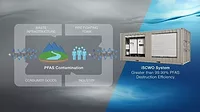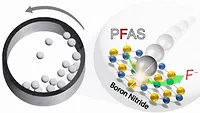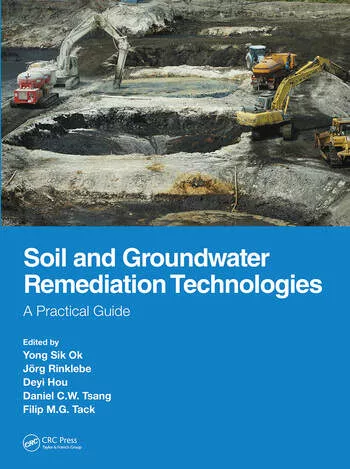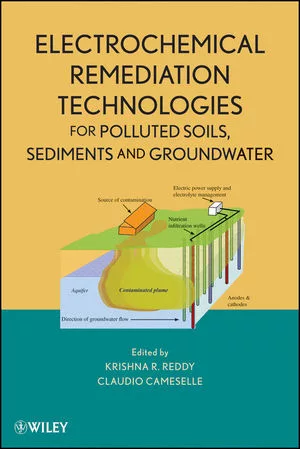UC Riverside Research: Bacteria Destroys Unsaturated PFAS
Bacteria found to cleave the carbon-chlorine bond in chlorinated PFAS compounds, triggering substantial spontaneous defluorination
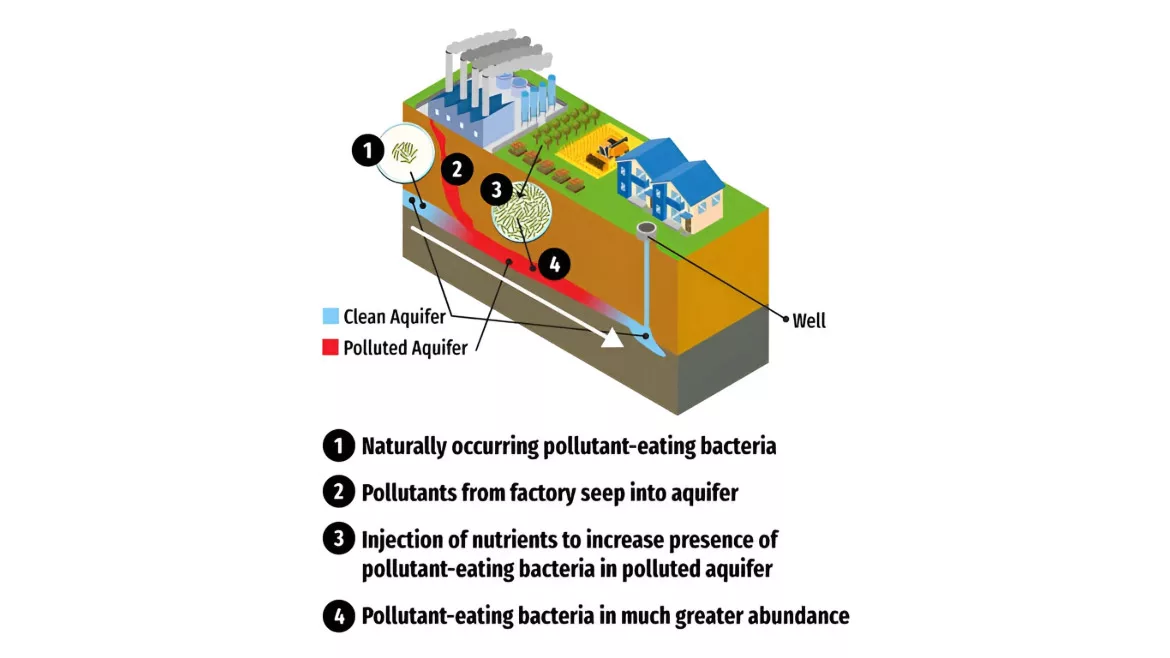
Ateam of environmental engineers at the University of California, Riverside has discovered specific types of bacteria that can break down certain types of "forever chemicals," also known as per- and polyfluoroalkyl substances (PFAS).
PFAS have been dubbed "forever chemicals" because of their stubbornly strong carbon-fluorine chemical bonds, which make them persistent in the environment. But the newly discovered bacteria, which belong to the genus Acetobacterium and are commonly found in wastewater environments, can cleave those stubborn bonds.
"This is the first discovery of a bacterium that can do reductive defluorination of PFAS structures," said Yujie Men, the study's corresponding author and an associate professor at UCR's Bourns College of Engineering in the Department of Chemical and Environmental Engineering.
The bacteria were found to be effective only on unsaturated PFAS compounds, which have double carbon-to-carbon bonds in their chemical structures. However, the researchers also identified the specific enzymes in these bacteria that are essential for cleaving the carbon-fluorine bonds, opening the door for bioengineers to improve these enzymes so they can be effective on other PFAS compounds.
"If we can understand the mechanism, maybe we can find similar enzymes based on the identified molecular traits and screen out more effective ones," Men said. "Also, if we can design some new enzyme or alter this known enzyme based on the mechanistic understanding, we could be able to make it more efficient and work with a broader range of PFAS molecules."
The discovery greatly expands the number of PFAS compounds that can be destroyed biologically. In 2023, Men published a paper that identified other microorganisms that cleave the carbon-chlorine bond in chlorinated PFAS compounds, triggering substantial spontaneous defluorination and destroying this group of pollutants.
Using bacteria to treat groundwater is cost-effective because the microorganisms destroy pollutants before the water reaches wells. The bioremediation process involves injecting the groundwater with the preferred bacteria species along with nutrients to increase their numbers.


